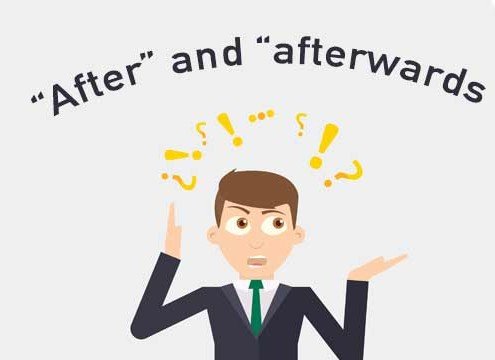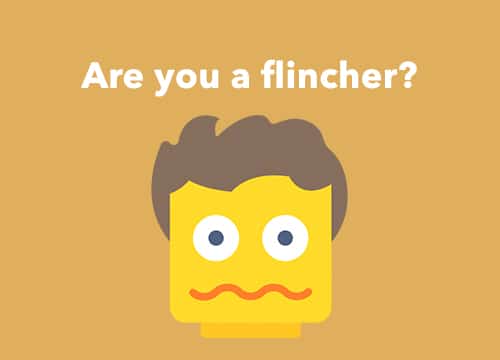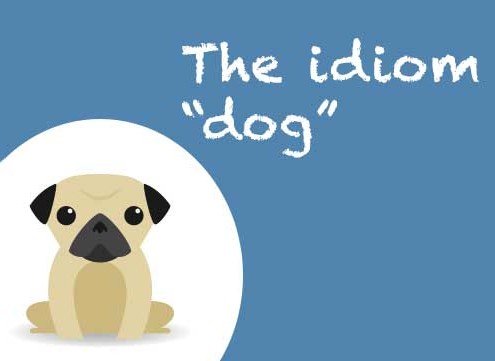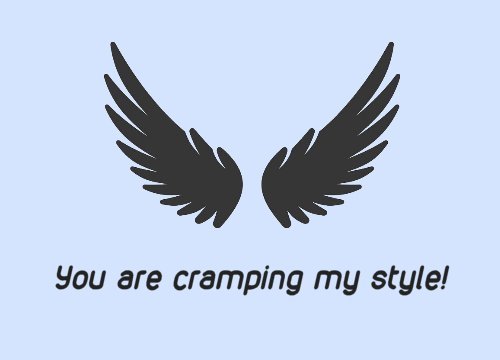These two words are often confused – they are not interchangeable (no intercambiable).
“Afterwards” does not need a complement – “after” needs a complement. Study these examples:
- I did not remember the date until afterwards (no recordé la fecha hasta despues).
- He is named after Winston Churchill (se le llamó asi por Winston Churchill).
If you said “I will see you after the opera” you would have spoken correctly. If you had said (hubiera dicho) “I will see you after” the sentence is incomplete and the listener will be confused (or may guess what you mean – perhaps). The correct sentence would be: I will see you after the opera”.
If the context is clear, then you may say “I will see you afterwards”, that is, when the listener knows that the context is the opera.
Consider the following:
You put the egg whites and yolk in the bowl. After that, you mix them.
You put the egg white (clara de huevo) and yolk (yema de huevo) in the bowl. Afterwards, you mix them.
Both of these words are prepositions. However, “after” is often used incorrectly.
For example, this is incorrect: “I will see you after”. After what?
“After” requires an object, as in this example: “I will see you after the opera”.
“Afterwards”, on the other hand (por otro lado) does not need an object. “Afterwards” refers to something that you have already communicated:
“I am going to the opera house in Santa Cruz and I will see you afterwards”.










